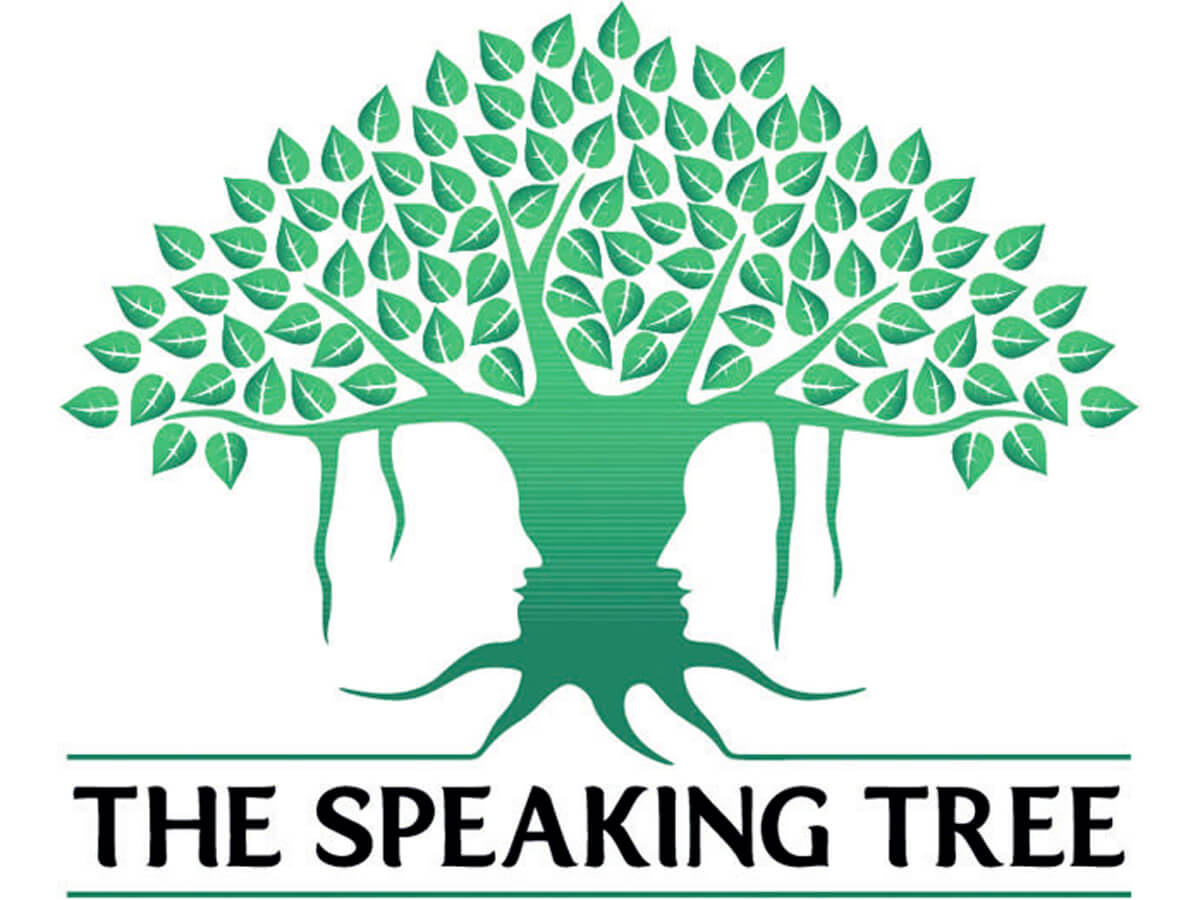Over time, martial arts evolved to emphasise not just physical skills but also moral and ethical development. Many martial arts schools incorporate teachings on respect, humility and self-control, which are vital for societal harmony and individual growth. They are often seen as a holistic practice that integrates physical actions with mental and spiritual development. This approach transcends the mere physicality of movements, inviting practitioners to engage in a deeper exploration of self-awareness and self- control. Practitioners learn to clear their minds, focus on the present moment and control their emotions, which can be pivotal in managing personal challenges and stress.
For many, martial arts serve as a metaphorical battleground for fighting one’s inner demons – such as fear, anger, insecurity and other negative emotions. The discipline teaches ways to confront and manage these internal struggles, often seen as a form of personal development and emotional healing. The journey through martial arts is frequently described as a path to self-mastery. It involves a continuous process of learning and self-reflection, where each training session or bout can represent an internal conflict or a step towards personal growth. Many martial arts are deeply rooted in philosophical principles derived from religions and philosophies such as Buddhism, Taoism and Confucianism. These principles often emphasise virtues like humility, patience, respect and integrity.
While martial arts can be a personal endeavour, they are also practised within a community of fellow martial artists. This community aspect supports not only physical training but also emotional and spiritual growth, as individuals learn from and support each other. Through the teaching and learning of martial arts, values and philosophies are transmitted across generations. This aspect of martial arts helps maintain cultural traditions and educates practitioners about deeper life lessons beyond physical combat.

